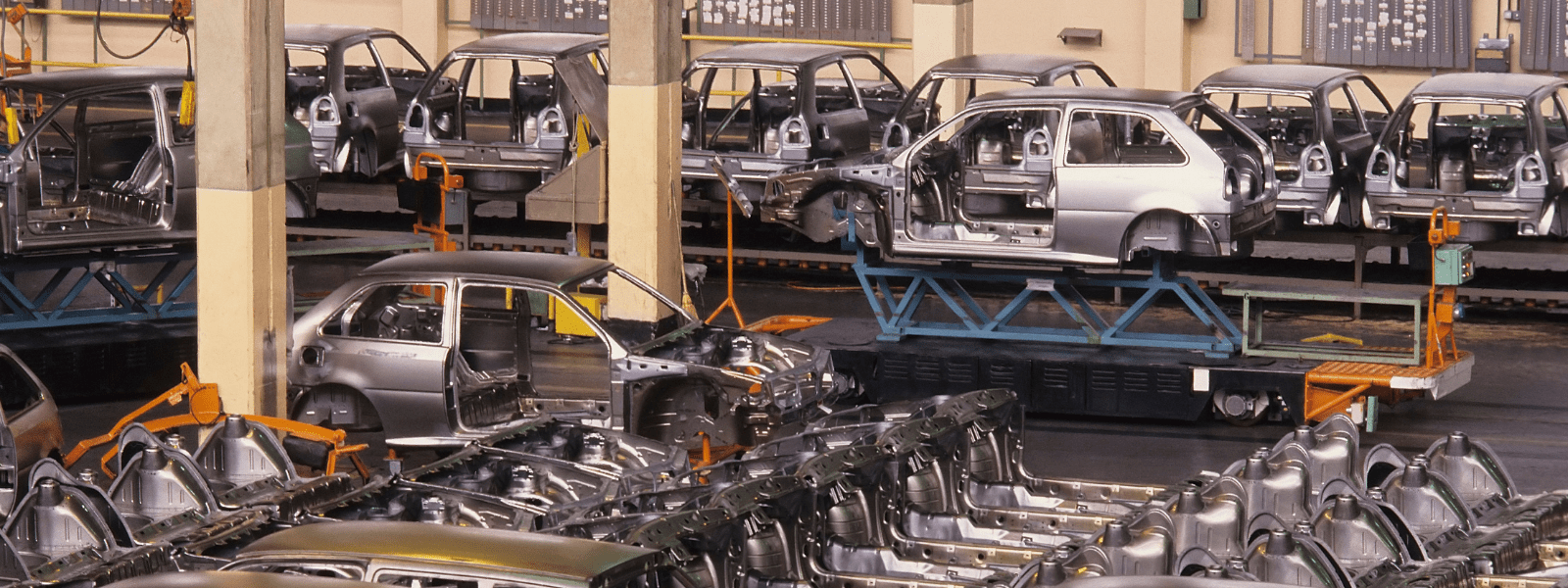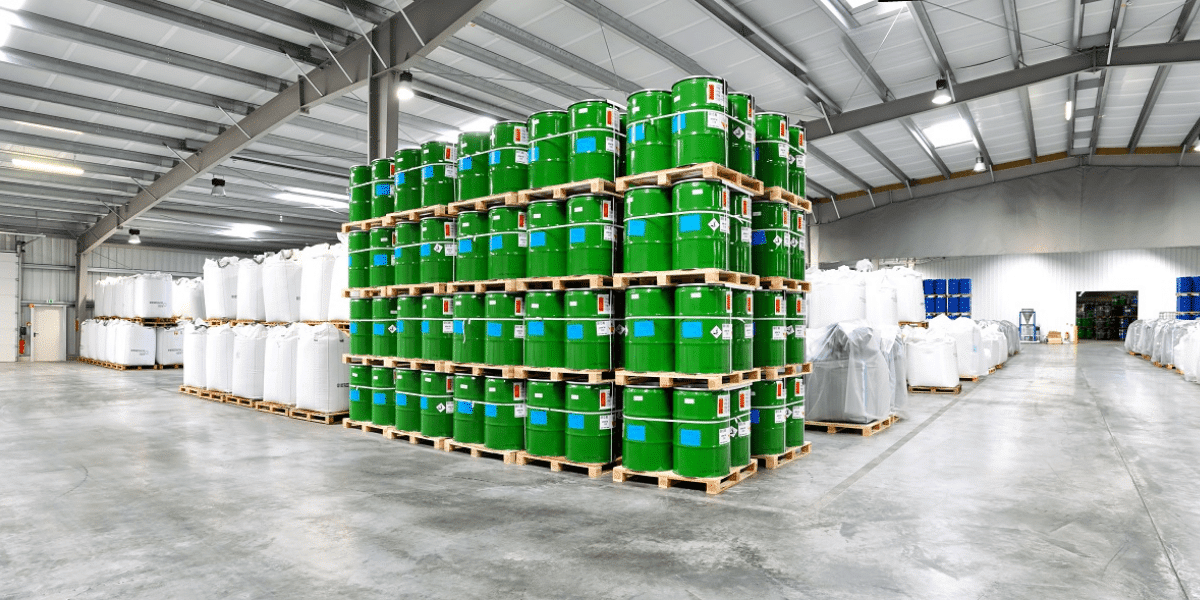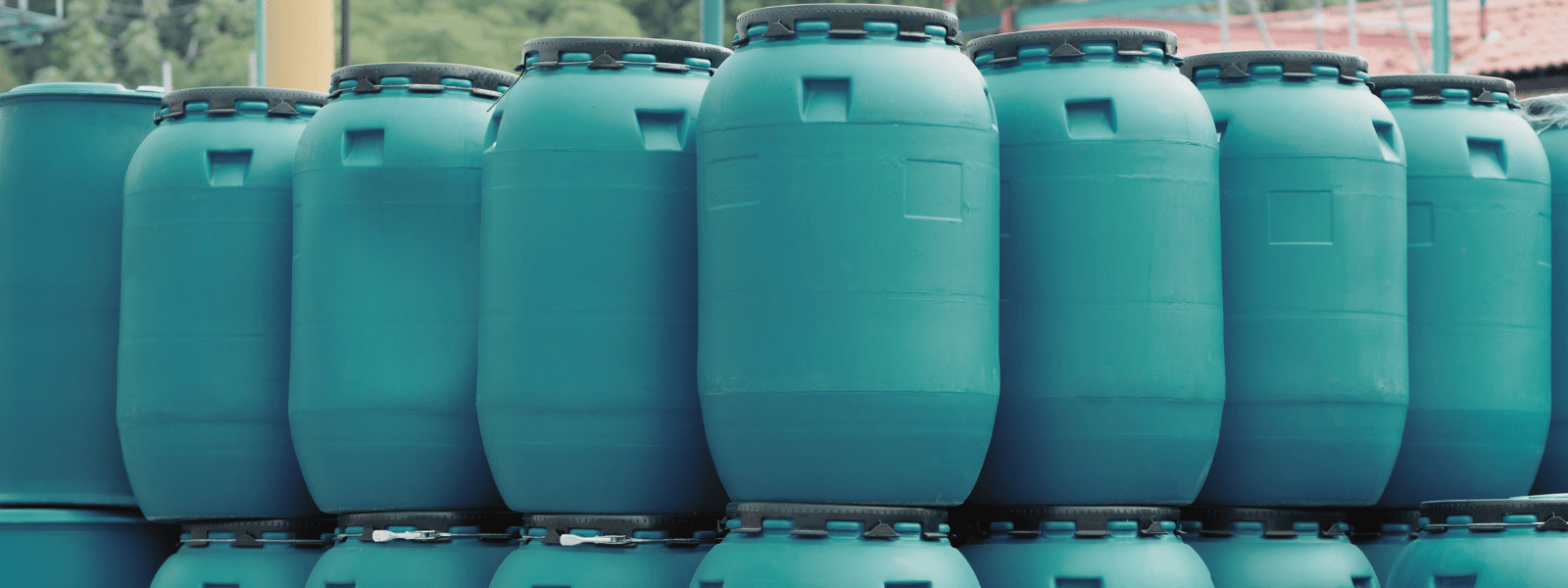Epoxy resins are extremely versatile epoxide polymers used in several industries. But while these resins are frequently applied for various reasons, they also need to be removed for various reasons. In this blog post, we’ll take a closer look at epoxy resins and what chemicals it takes to remove this durable substance.
Epoxy Resins Explained
Epoxy resins are reliable due to their durability and strong adhesive qualities. They are generally blended with a hardener or curing agent to cure the epoxy, solidifying it into a stronger substance. Here are only some of the industries this substance is found:
- Vehicle manufacturing
- Boat manufacturing
- Aircraft manufacturing
- Bicycle manufacturing
- Paints and coatings
- Adhesive for various materials such as wood, glass, or metals
Unfortunately, epoxy can wear down or need to be replaced, but once the epoxy resin is cured, it can be very difficult to remove. Physical removal of cured epoxy is tedious and can even damage the surface bonded to the resin. There is however another option: chemical removal.
What Does Chemical Removal Mean?
Chemical removal of epoxy resin involves using a specialized aggressive chemical solution, or cured epoxy resin removers, to penetrate the resin and break it down, weakening its adhesion to the surface. One of the most common chemicals used for cured resin removal is methylene chloride, which is an effective yet controversial solvent due to its toxicity and negative environmental effects.
Methylene chloride poses multiple risks to both human health and the environment:
- Highly flammable
- Can cause severe eye irritation and damage
- Can cause skin irritation
- Potentially carcinogenic
- Can cause coughing, wheezing, dizziness, or respiratory irritation if inhaled
- Contributes to ozone depletion as an air pollutant
Explore Safer Options for a Cured Epoxy Resin Remover?
Fortunately, there are specially formulated products that effectively replace hazardous solvents like methylene chloride and ensure both safety and quality. One example of the ideal epoxy resin remover is Safe Strip, an environmentally preferred resin and paint solvent that possesses many benefits:
- Biodegradable
- Nonflammable
- Recyclable
- Low VOC emissions
- Removes coatings in only one step
- Effective on cured and uncured coatings
- Effective on all coatings, even two-step high solids polyurethane and epoxy resins
- Recyclable
- Lower Inhalation Hazard Index than methylene chloride, making it significantly safer for industrial and commercial use.
Looking to Buy a Safe Strip for Epoxy Resin or Paint Removal?
You can purchase Safe Strip here, or get in touch with our specialized staff here to help you find the best environmentally preferred product for your business or industrial needs.















